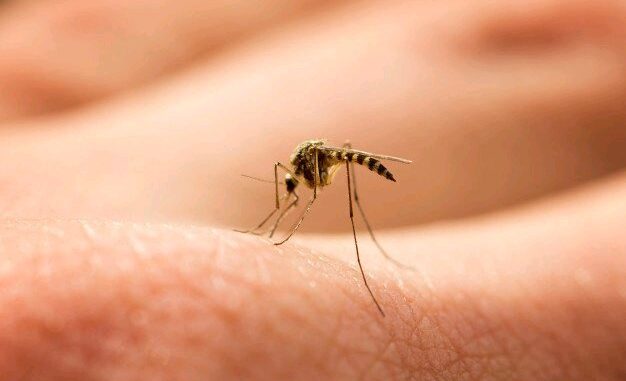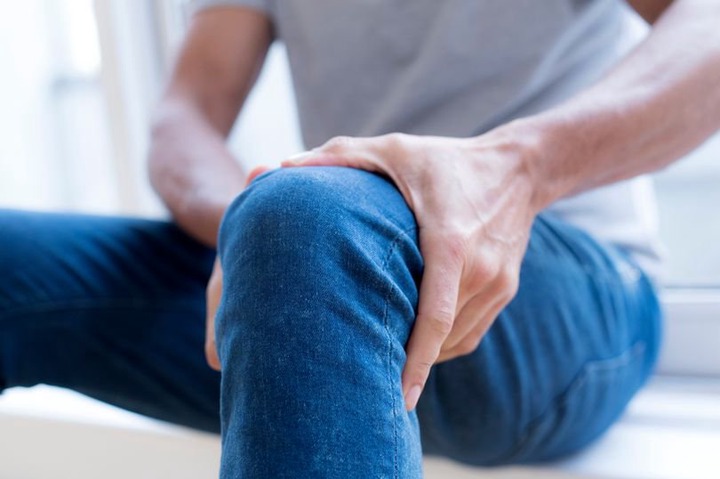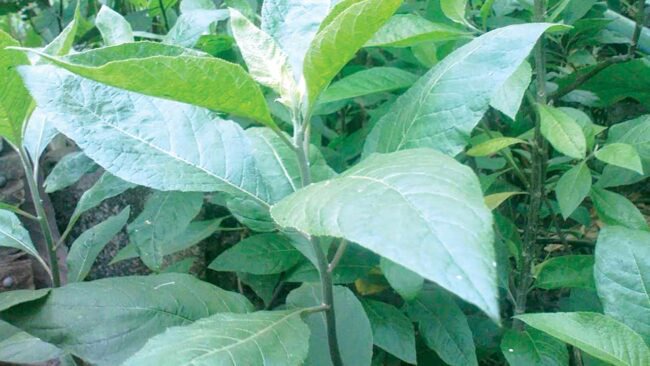
1. The mosquito’s saliva contains anticoagulants to prevent blood clotting, facilitating its feeding. As the mosquito pierces your skin, these substances trigger an immediate response from your body. Platelets rush to the site to form a clot, attempting to seal the wound and minimize blood loss.
Simultaneously, your body releases histamines, signaling blood vessels to dilate. This increased blood flow contributes to the characteristic redness and swelling around the bite.
2. The immune system activates. Proteins in the mosquito’s saliva are recognized as foreign invaders, prompting the release of antibodies. This immune response can cause further inflammation and itching.
3. The release of histamines not only increases blood flow but also stimulates nerve endings, causing itching sensations. Scratching the bite provides momentary relief but can exacerbate the inflammation and may lead to secondary bacterial infections.
4. Individual reactions to mosquito bites vary. Some people are more prone to severe reactions due to an allergy to mosquito saliva. In such cases, larger areas around the bite can become swollen, and systemic reactions like hives or fever may occur.
5. Repeated exposure to mosquito bites can sensitize the immune system, leading to a milder response over time. This phenomenon is partly responsible for people in mosquito-prone areas developing a certain level of tolerance.
Content by: Mr. Festus




